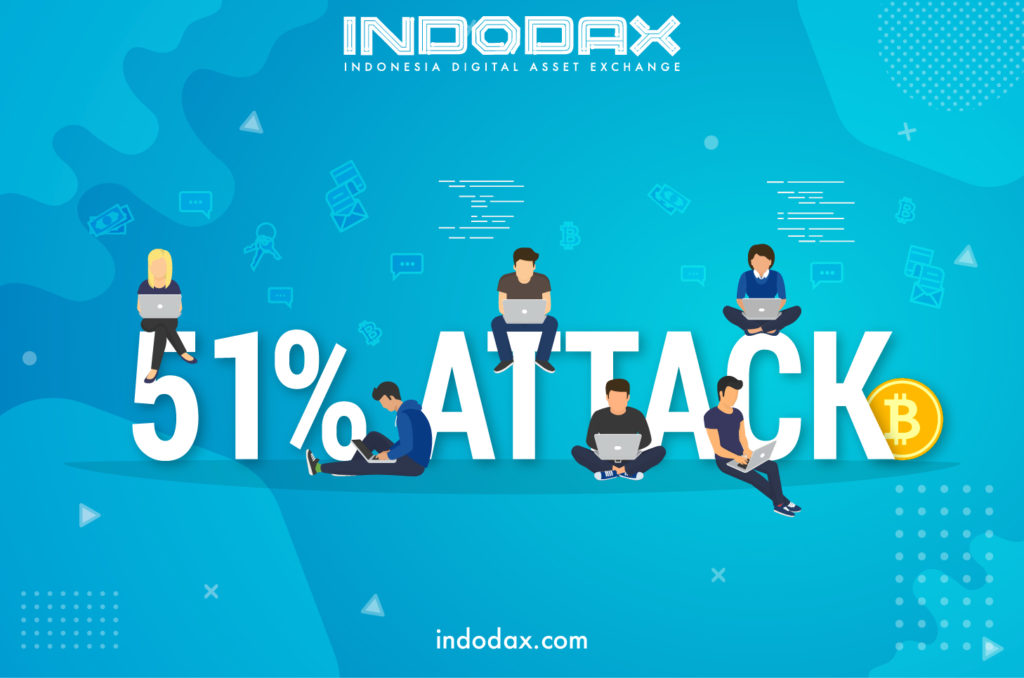51% attack happens when a malicious user in a network acquires control of a given blockchain’s mining capabilities. It implies that the attackers will have more than 50% mining power and can mine faster than everyone else.
The attackers can stop the confirmation and order of new transactions. The malicious agents can then rewrite parts of a blockchain and reverse the transactions. A 51% attack usually bypasses the blockchain’s security protocols. The attack’s impact can be mild or severe, depending on the mining power of the attacker.
The hash power is more critical in the attacks. If the attacker possesses a higher percentage, the likelihood of attacking the system is also high. The damages caused by the attack are also dependent on the same factor.
The impacts of 51% attack on Blockchain and Bitcoin
- New transactions are delayed
In a 51% attack, the attackers invaded the hashing power of a bitcoin. They can delay new transactions initiate the use of the same coin several times. - Causes network disruption
Every blockchain utilizes Proof-of-Work (PoW) mechanism to validate the transactions. The attackers cause network disruptions by delaying the confirmation and the arrangement of the blocks in chronological order. Note that a 51% attack heavily impacts the miner’s computing resources. This causes delays for the transaction to be confirmed and stored in a block. In turn, the blockchain’s network gets corrupted, allowing the attackers to process transactions faster than the miner. - This leads to reduced miner rewards
A 51% attack enables the attackers to reverse a transaction even before it is confirmed. This leads to double-spending a coin. Moreover, genuine miners earn less for updating the blockchain as the attackers steal their shares.
Risks involved with 51% attack
A 51% attack causes cryptocurrency users to lose digital assets or even cash. This raises serious concerns about the reliability, security, and trustworthiness of a blockchain. The confidence of its users and miners is highly compromised.
The attackers can dupe the new and inexperienced users to validate and confirm the transactions that they can later invalidate. The reason is that the attackers can interfere with unconfirmed blocks and transactions in a blockchain.
In addition, the users’ transactions may not be confirmed or even be reversed by the attackers. This leads the users into mistrusting the blockchain, causing it to reduce value. These kinds of attacks may cause some cryptocurrencies to be unlisted due to security concerns.





